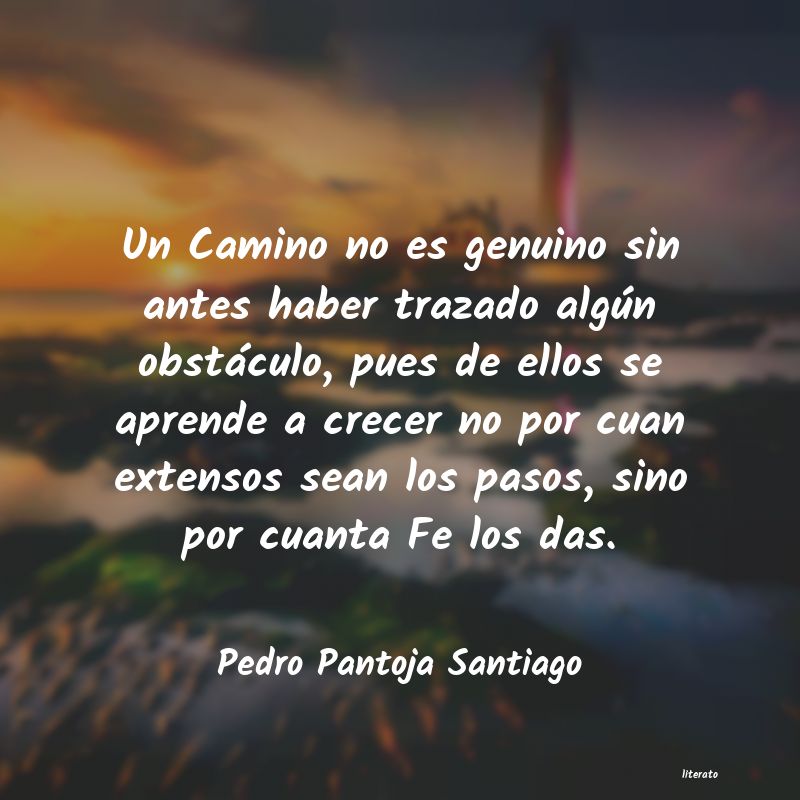

The last part of the poem urges the “Caminante” to not look back but forward, to keep walking the path that he has created for himself. Caminante no hay camino, se hace camino al andar Golpe a golpe, verso a verso Cuando el jilguero no puede cantar. Answer (1 of 6): This phrase is from a poem by Antonio Machado and the meaning of this phrase Caminante, no hay camino, se hace camino al andar refers to nobody's life is written, we need to do our own path also any person who wants something (most of the time there is no path, there is no easy. The definicion of estelas en el mar are wakes in the sea, not streams - boats/ships do not leave streams behind them as footprints, they leave wakes behind them. The title carries an emblematic phrase of the poem Caminante Walker, written by the Spaniard Antonio Machado, especially valuable to think emancipatory and.

Make your way by going farther.” “Caminante” has to keep walking to create his destiny and the new road he walks. Caminante no hay camino, se hace camino al andar Golpe a golpe, verso a verso Muri el poeta lejos del hogar. In Antonio Machados, Caminante No Hay Camino, the imagery is used to tell the reader to live their own life, but is watered down from the translations. It should be 'Traveler there is no path but wakes in the sea.' You must continue to use the same word for camino (path) thoughout the entire poem just like for caminante (traveler). The poet then examines how the “Caminante” makes his own decisions and, thus, his own path: “Wayfarer, there is no way. English: Caminante no hay camino, se hace camino al andar (a famous Antonio Machado poem that translated will say, more or less: walker theres no way. The Spanish poet notes that the “Caminante”-or Wayfarer or Wanderer-already leaves footprints from his past: “Is your footprints and no other.” He explains that the footprints represent his distinct past and no one else’s. Antonio Machado’s poem “Caminante no hay Camino” (“Wayfarer, there is no way” ) is one of my favorite poems because it explores human destiny by using a metaphor of a road: we walk the road and thus walk life, observing the world, making choices.


 0 kommentar(er)
0 kommentar(er)
